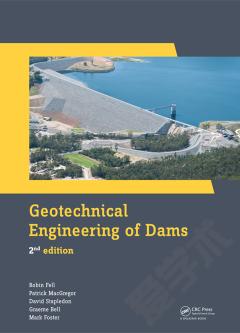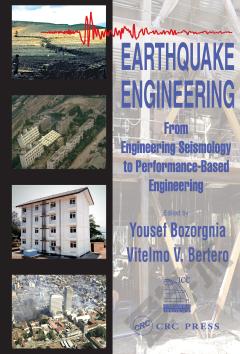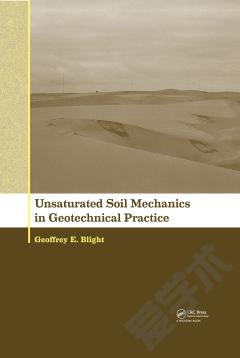Mitigating Sulphate Attacks in Geotechnical Engineering
A magnesium sulphate attack is one of the main issues that challenge civil engineering projects, in particular in coastal, landfill, and mining areas. This phenomenon reduces the stability of the structure and causes a complete failure for the system over time. Previous studies mainly focused on investigating the effects of magnesium sulphate attacks on concrete and from a structural point of view, and only a low number of studies investigated the effects of a magnesium sulphate attack on soil from a geotechnical point of view. The investigation on the effect of a magnesium sulphate attack is an important issue, particularly for stabilised soils that have a role in maintaining the integrity of foundations, slopes, embankments, etc. Portland cement (PC) is widely used in ground improvements and geotechnical engineering projects as an additive to improve the mechanical behavior of soil. However, PC is effective to improve the engineering characteristics of soil; it is weak when exposed to the magnesium sulphate concentration.This book investigates the behavior of different soils when treated with PC and after exposure to magnesium sulphate contamination. Also, the effect of some abundant materials in the environment such as carbon in the mechanical behavior of stabilized soil has been investigated. The investigations have focused on shear strength and unconfined compressive strength (UCS) as two main important characteristics of stabilized soils, and they investigate their relevant characteristics. In this study, deep investigations have been conducted to figure out the behavior of the magnesium sulphate concentration soils. However, additional research and study is required to procure a clear understanding of the interactions of the stabilized soils with magnesium sulphate concentration.
{{comment.content}}








 京公网安备 11010802027623号
京公网安备 11010802027623号